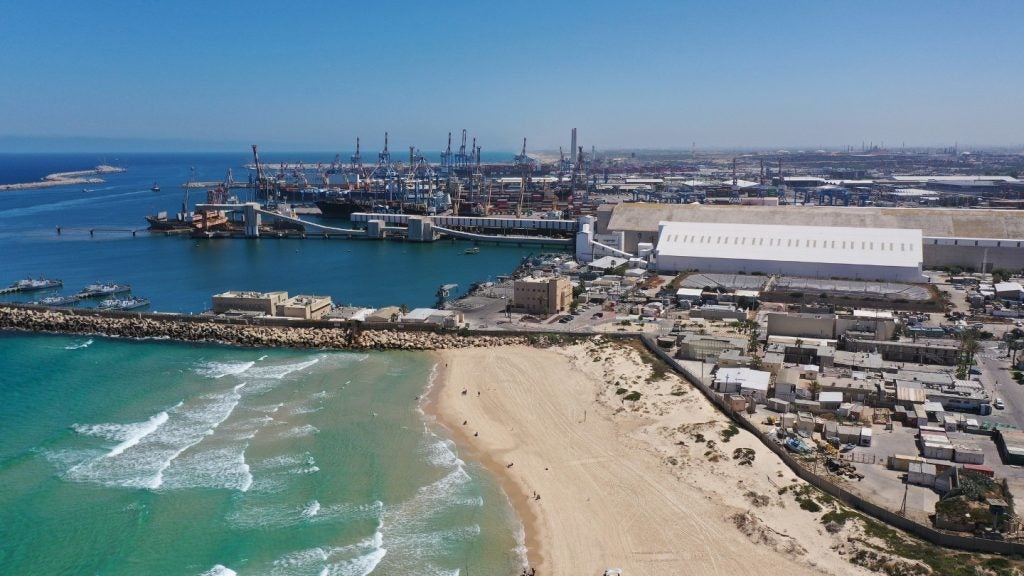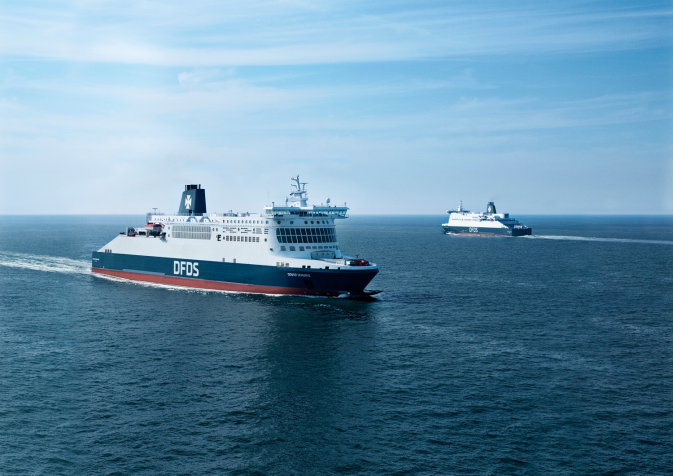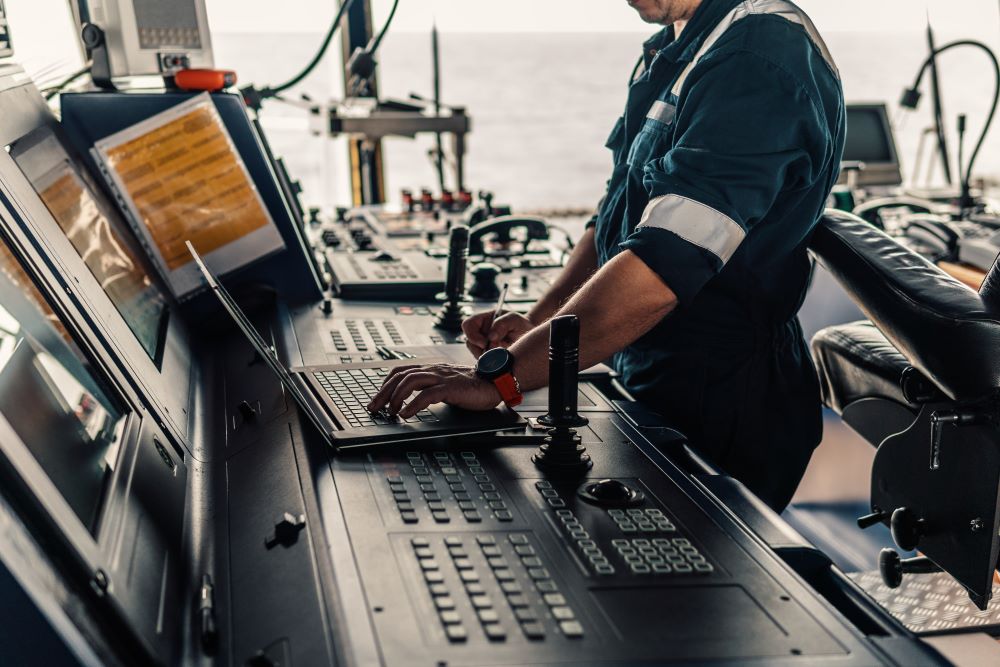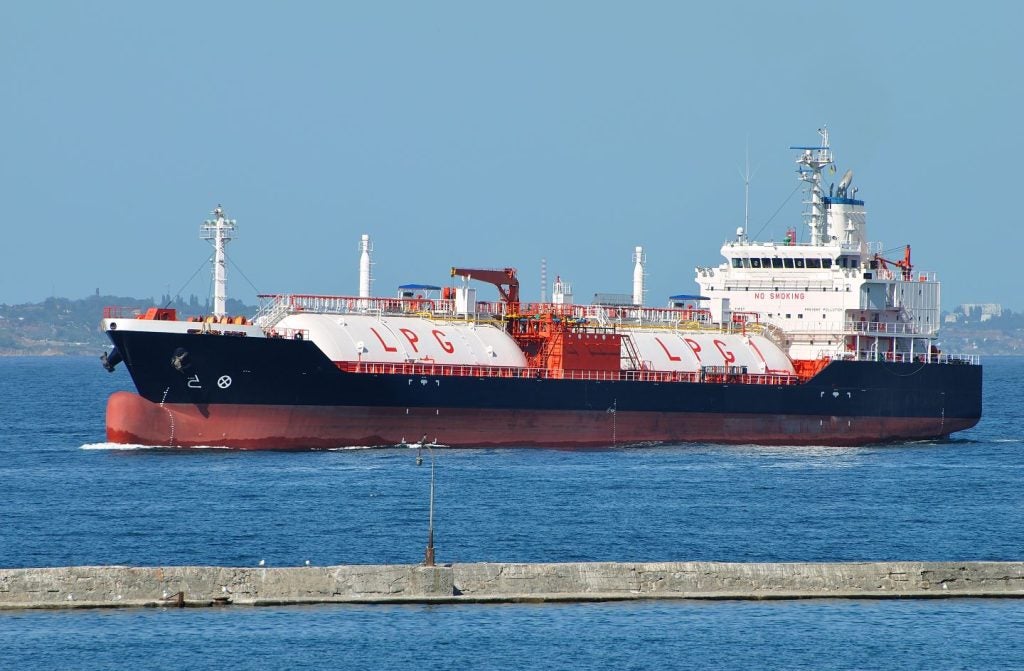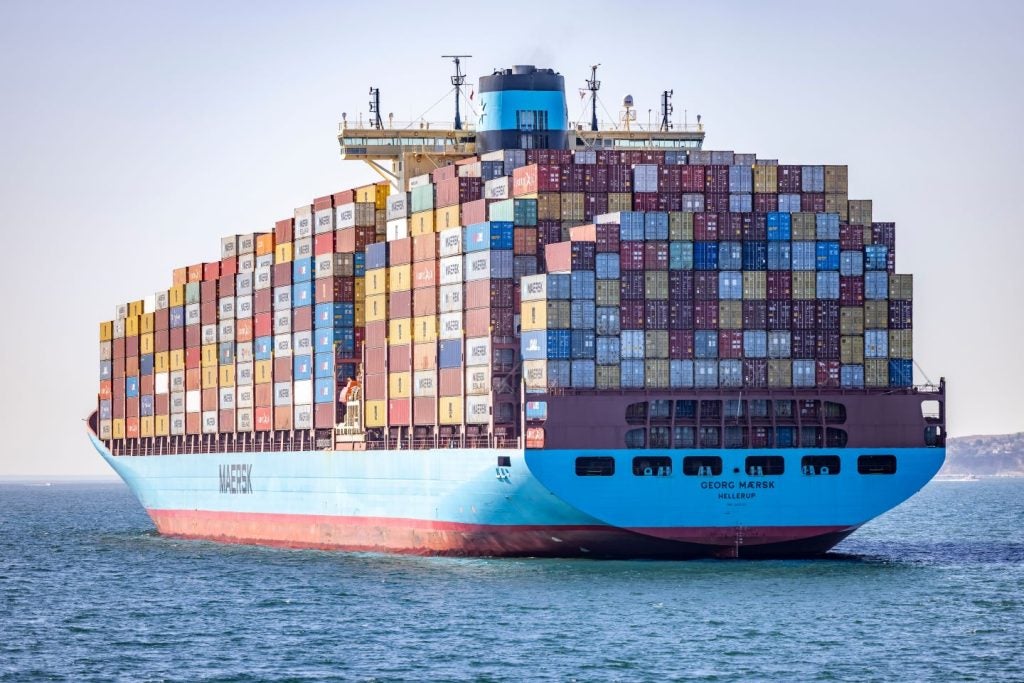A backlog of ships at southern Israel’s Ashdod Port is building steadily as the military steps up preparations for a ground assault on the Gaza Strip, sources and data reveal.
Eli Bar Yossef, Acting CEO at Ashdod Port Company, told Ship Technology that the port is working “under special instructions for an emergency situation concerning the storage of hazardous materials”.
Ashdod, Israel’s second busiest port, remains open “around the clock”, the port said in a statement. Questions have been raised over the safety of continued operations, as Ashdod Port is only 40km north of the Israel-Gaza border.
Restrictions have been placed on flammable or explosive cargo due to “increased risk from rocket attacks”, says maritime security company Dryad Global.
Port employees summoned by army
Three ships bound for Ashdod have stopped in waters nearby, data from ship tracking provider MarineTraffic showed today (17 October) – two general cargo vessels and one oil tanker.
29 ships are moored inside the port, with 17 more due to arrive over the coming days.
While Bar Yossef says the port “is working as usual” and that “the operation line is good”, Ashdod is having to handle unprecedented freight traffic following the closure of Ashkelon Port.
Cargo ships are being redirected from Ashkelon to Ashdod, while supplies are pouring in by sea from the US, UK and Israel’s many international allies. Aid to Gaza through Ashkelon Port and the Gaza-Egypt Rafah crossing has been blocked by Israel.
Ashdod’s workforce has also been depleted by military operations. “There is a bit of a backlog because employees of the ports were called to the army reserves,” Ilan Goldenberg, CEO of maritime insurance business Harpaz P&I, told Ship Technology.
On top of increased traffic and military summons, transit into Ashdod Port is also taking longer than usual as port officials conduct on-board checks in line with imposed restrictions. Insurance premiums for Israel-bound shipments have risen tenfold.
Port employees are also having to work through “constant siren alerts for incoming missiles”, Bar Yossef reportedly told The Jerusalem Post.
Around 2,500 ships and 19 million tonnes of cargo are handled at the Ashdod Port annually.
Alarm over supply shortages to Gazans
While supplies continue to flow into Israel, world leaders and humanitarian organisations have expressed alarm at the continued blockade on supplies into the Gaza Strip, as exemplified by tweets identified by GlobalData's social media analytics.
Israel cut off water, food, fuel and electricity into Gaza following Hamas’ assault on 7 October.
Energy Minister Israel Katz said on Sunday (15 October) that Israeli Prime Minister Benjamin Netanyahu had agreed a deal with US President Joe Biden to resume water supplies into southern Gaza.
Yesterday (16 October), Hamas said water supplies into the southern city of Khan Younis had not resumed. Hamas interior spokesman Iyad Al-Bozom said: “The residents drink unhealthy water, posing a serious health crisis [that] threatens the lives of the citizens,” Reuters reported.
The UN’s World Food Programme (WFP) has said more than 800,000 people are "facing dire circumstances" and called for "humanitarian corridors" into the West Bank and Gaza.
Our signals coverage is powered by GlobalData’s Thematic Engine, which tags millions of data items across six alternative datasets — patents, jobs, deals, company filings, social media mentions and news — to themes, sectors and companies. These signals enhance our predictive capabilities, helping us to identify the most disruptive threats across each of the sectors we cover and the companies best placed to succeed.


